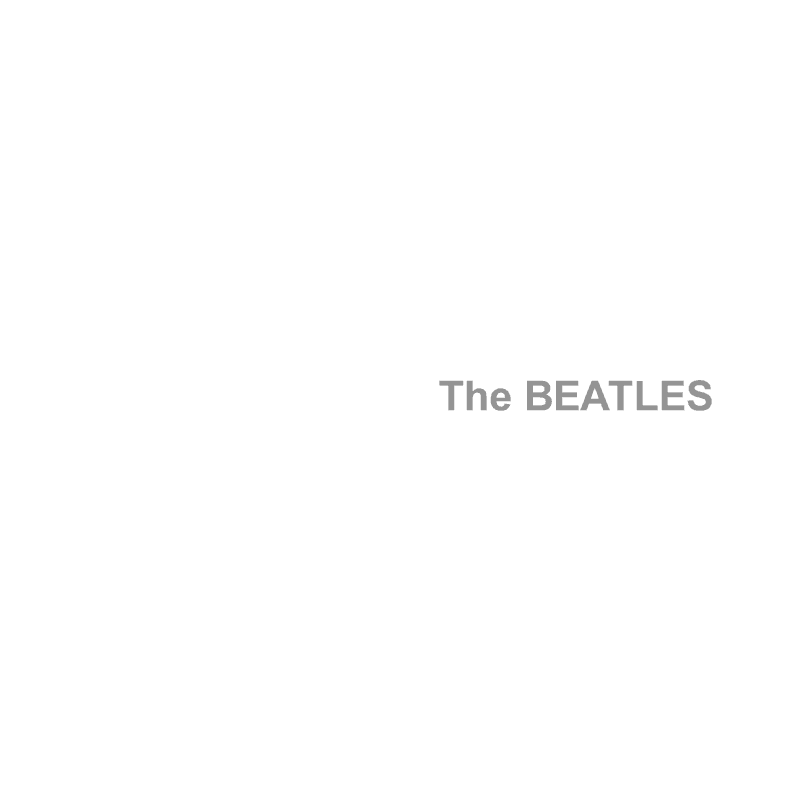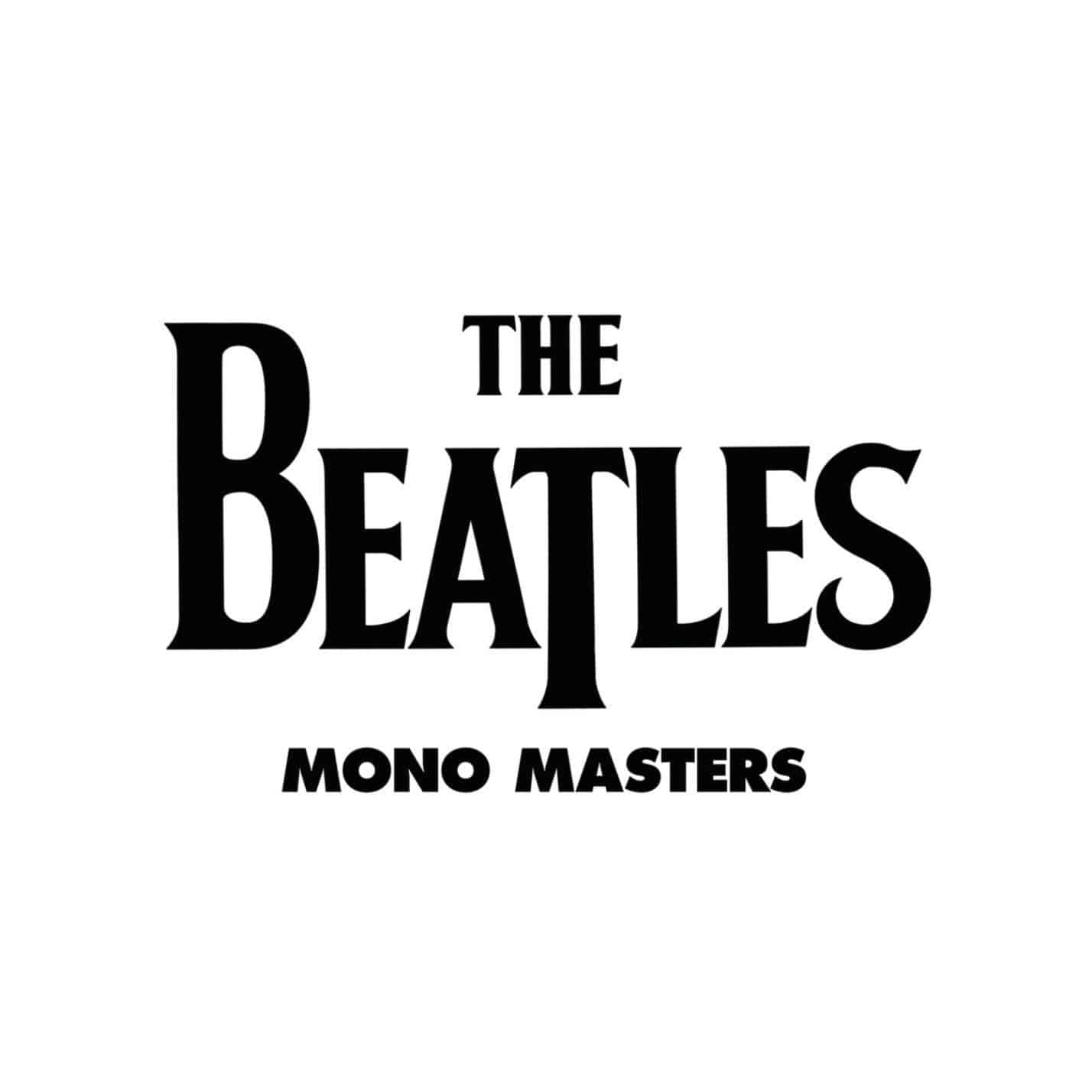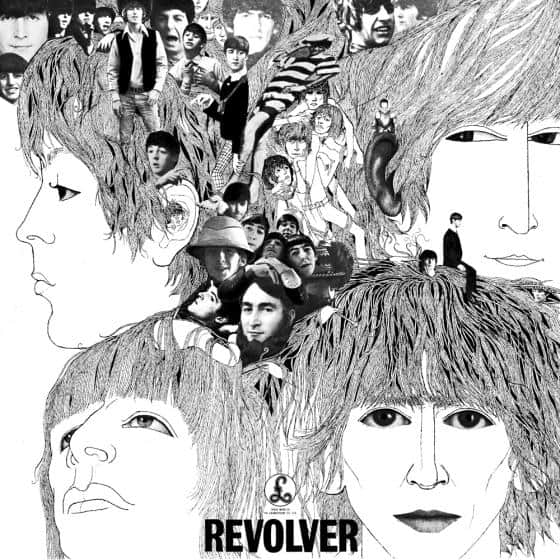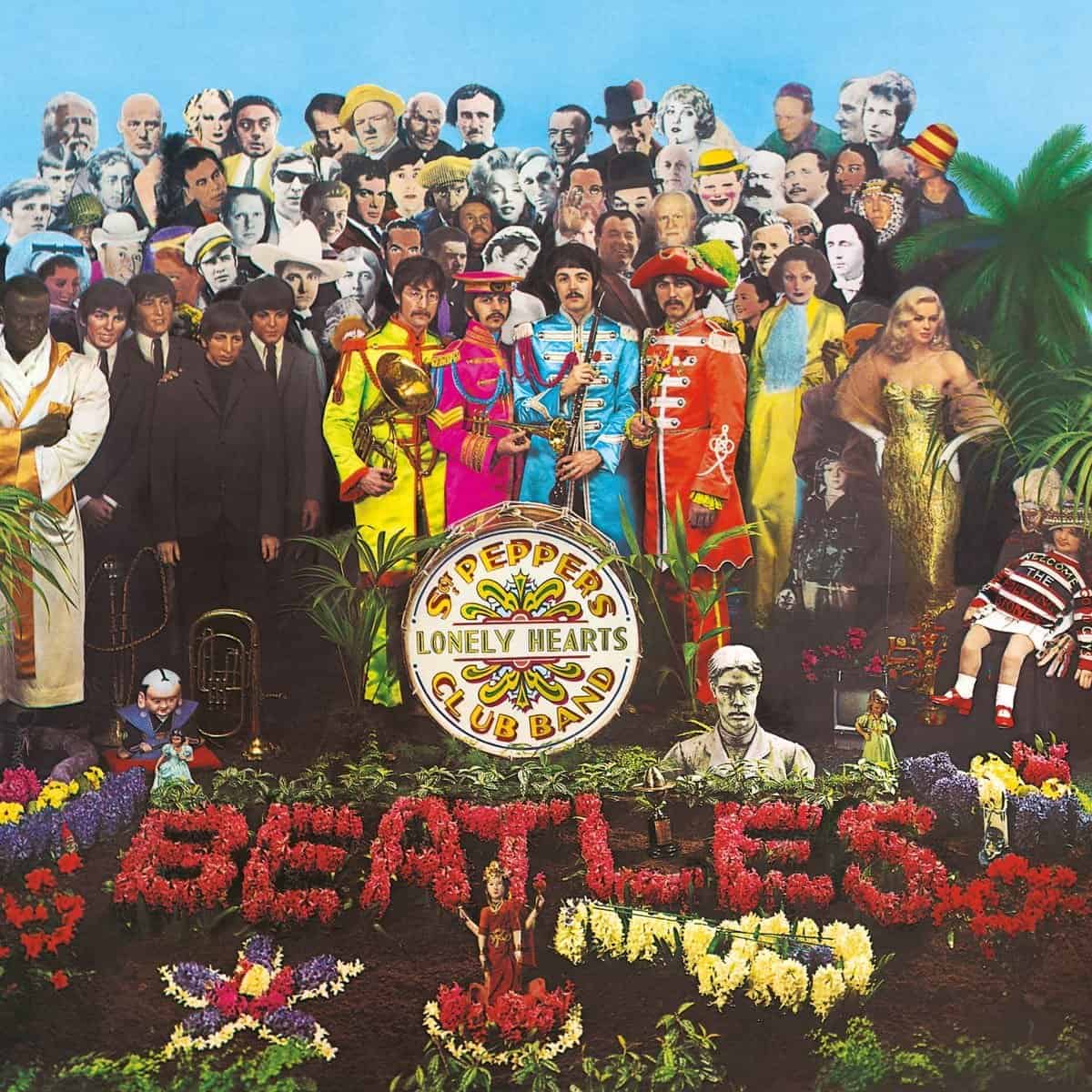Marketplace
2012 Apple Records PRESSING
- Catalog Number PCS 7096
- Release Year 2012
- Vinyl Mastering Engineer Sean Magee and Steve Berkowitz
- Pressing Weight 180g
- Jacket Style Single
- Pressing Plant Optimal
- Original Release Year 1970
- Original Label Apple Records
- Original Catalog Number PCS 7096
When listening to this album I think of this band or music:
All the musicians who covered songs from the album, but especially Elliott Smith and his cover of George Harrison’s “I Me Mine.” The song was kind of a sad epitaph for the band, but hit even closer to home with Smith, who suffered a life of depression.
Music from this album would be a great soundtrack to this movie:
Let It Be might work with something by Agnès Varda, whose approach to film could absorb the discontinuity of the songs gathered on the album. The rooftop concert associated with Let It Be also had a bit of the French new-wave style perfected by Varda.
The Beatles’ last studio LP, Let It Be, remains an excellent album, but is it among their best? Despite the parable of the vineyard, the last need not necessarily be first when it comes to the output of a rock band. Released after the group’s breakup, the set reached topped the charts in the U.S. and U.K. but met outright hostility from the press. While critical reception has mellowed over the decades, the album lacks the coherence of Abbey Road and suffers from bloated production.
Manager Allen Klein, during a particularly acrimonious period of the band’s existence, decided to bring in Phil Spector to remix the album. The latter added orchestral and choir parts to three of the tracks. In 2003, Apple released an alternate version of the record, stripped of the Spector overlay, called Let It Be…Naked. Both editions aside, the record features some outstanding songs weighed down by filler, and even without the worst of the lot (“Dig a Pony,” “Dig It”), the best cuts are buried in studio chat and the treacle laid on by Spector—especially illustrated on the sappy versions of “The Long and Winding Road” and “Across the Universe.” All that said, Let It Be is not a bad album, particularly when compared to some of the stinkers churned out by the Rolling Stones in later years.
Let It Be’s sound, even on the original, proves a mixed bag—part studio, part live, and several tracks overlaid with Spector’s orchestral and choral glop. The 2012 Apple reissue is more uniform—as in uniformly bad. In the cuts overdone by Spector (see “The Long and Winding Road,”) the orchestral sound and vocals are flat and lifeless compared to the original, with a digital haze covering the entirety of the performance. On straight-up Beatles productions such as “Two of Us,” the tunes feel stripped of magic, with guitars sounding one-dimensional and voices thin as if the boys forgot to sing from their larynx—resulting in an irritating nasal effect. Plentiful and cheap, most any U.K. or U.S. original will sound superior to Apple’s 2012 version, which should be avoided.
Let It Be

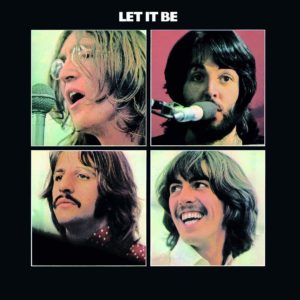
 3.5
3.5
